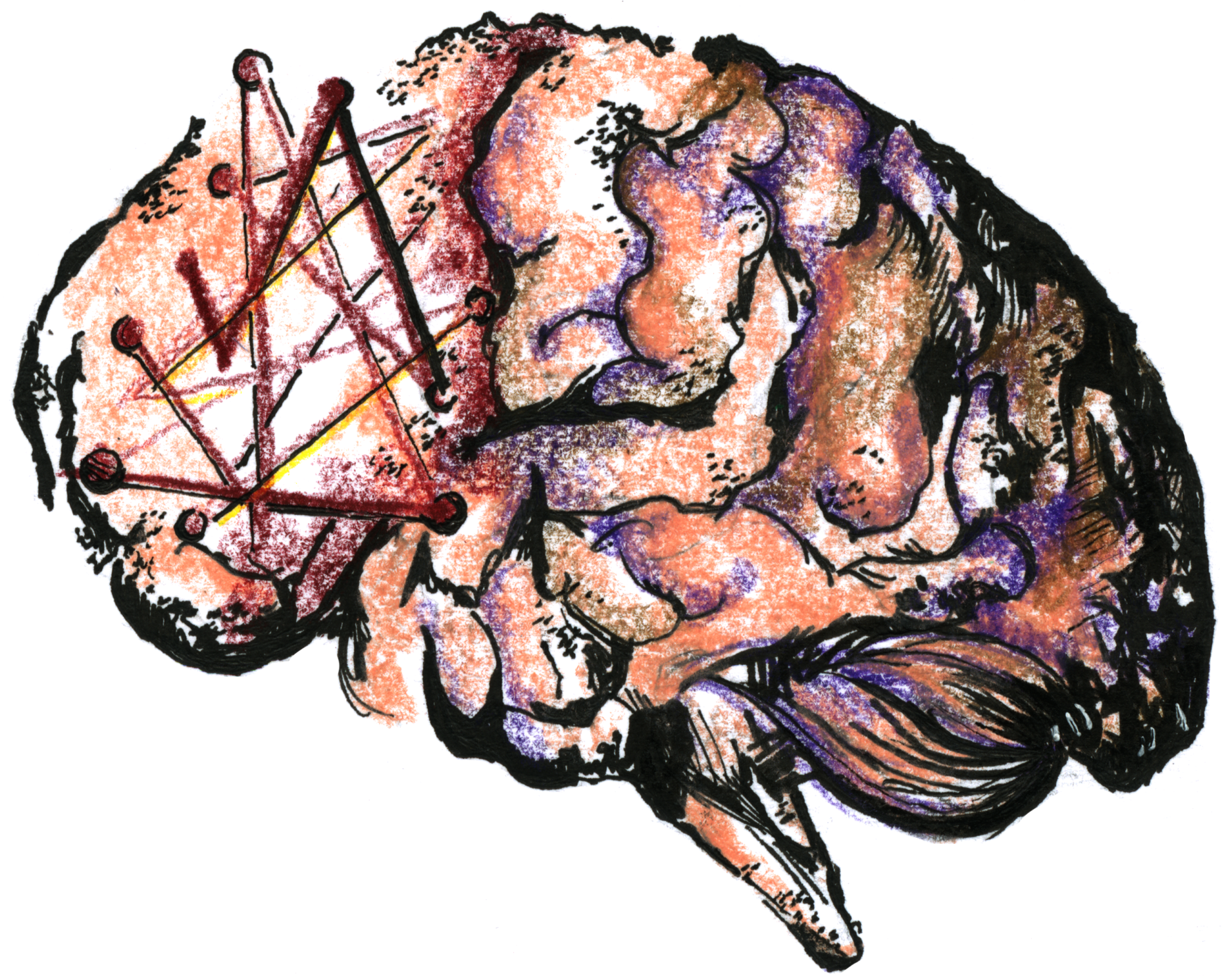
Though many health campaigns are designed for all patients, the last decade has seen a rise in personalized medicine. By examining specific features of individuals’ biological makeups, doctors have been able to more accurately prescribe effective treatments.
A recent Yale psychiatry study used this approach for cocaine addiction treatments. The study, led by Yale School of Medicine professor Sarah Yip and published earlier this month in the American Journal of Psychiatry, focused on differences in its participants’ brain structures. All participants suffered from cocaine addictions, and the team used individual brain imaging to more accurately predict whether patients would relapse throughout treatment.
“We are tremendously proud and excited about this work and think it will lead to new models of precision-based care,” said Kathleen Carroll, a School of Medicine professor and the senior author of the study.
Although scans will not have the ability to account for the seven trillion links in the brain in the foreseeable future, fMRI scans are capable of identifying the relative size and activity of large neuron groups. A connectome model describes the number and strength of these connections, and that model is used by neuroscientists to better understand how the human brain works.
Yip’s team analyzed trial members’ connectome models to determine whether they could predict real-life behavior. The team hypothesized that stronger and weaker connections between parts of the brain could predict whether a cocaine addict would stay clean throughout the drug treatment process. The participants initially had their brains examined by fMRI machines and were then assigned to one of four treatments.
Using the connectome maps, the team was able to explain and predict approximately 18 percent of participants’ behavior throughout the rehabilitation process. To Yip’s knowledge, the study was the first time anyone had used connectome models to successfully predict an addiction outcome.
Yip explained that for a variable population such as recovering drug users, foreseeing any trends in patient response is significant.
“Individuals in this study who did not respond to treatment likely represent a variety of clinical profiles,” Yip said. “We hope that with future research, we may be able to individually tailor treatment strategies for specific individuals.”
Future research could play an important role in successfully addressing drug addiction. About 40 to 60 percent of people with substance abuse disorder relapse, according to the National Institute on Drug Abuse. The institute also stated that though relapse is considered “a normal part of recovery, for some drugs, it can be very dangerous — even deadly.”
Because the research team’s connectome model analyses were able to partially determine whether a cocaine addict would relapse throughout the treatment process, they would likely play a role in a full prediction model. However, for the model to regularly be accurate, it may need to be aided by other factors.
“Behavior is modulated by a number of factors other than how different regions are connected to one another,” said neuroscience major Hale Jaeger ’20. “While it may be a model that is shown to be useful, it’s probably something that we don’t fully understand yet, and we’d probably have to look more into it over time.”
Allen Siegler | allen.siegler@yale.edu
Correction: A previous version of the article stated that the study was the first use of connectome models to successfully predict behaviors. In fact, the study was the first use of connectome models to successfully predict an addiction outcome.







